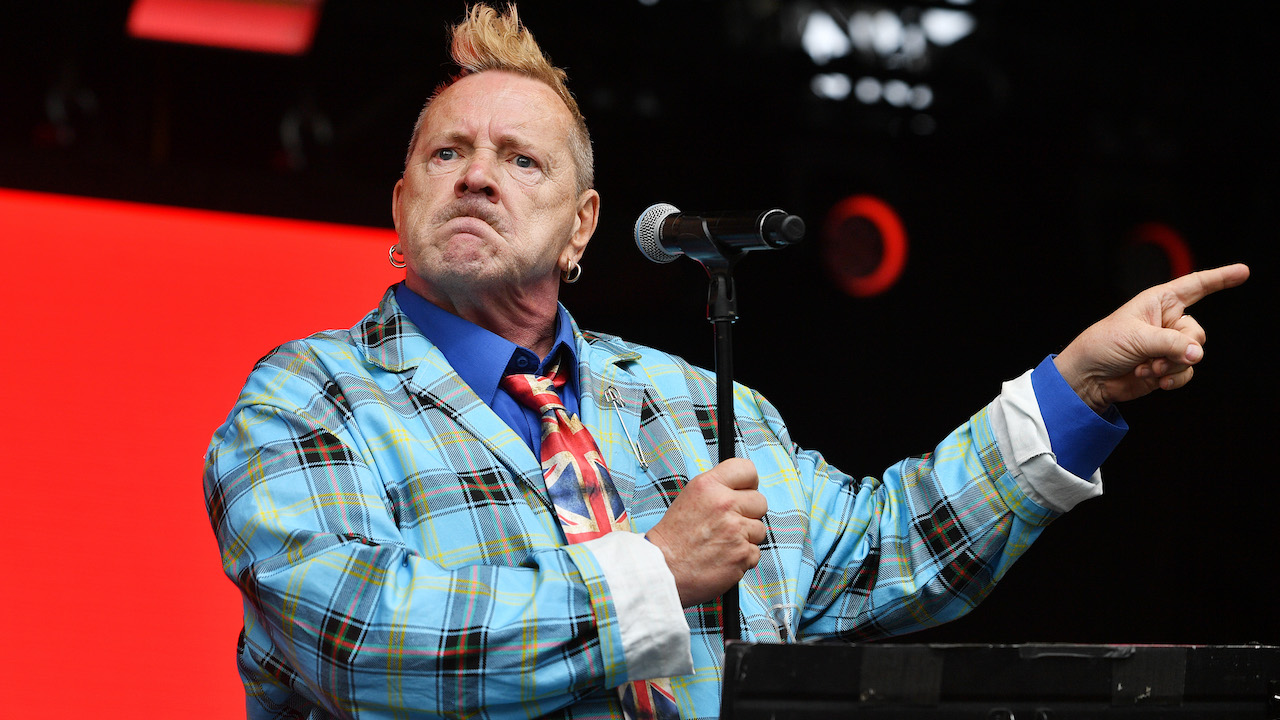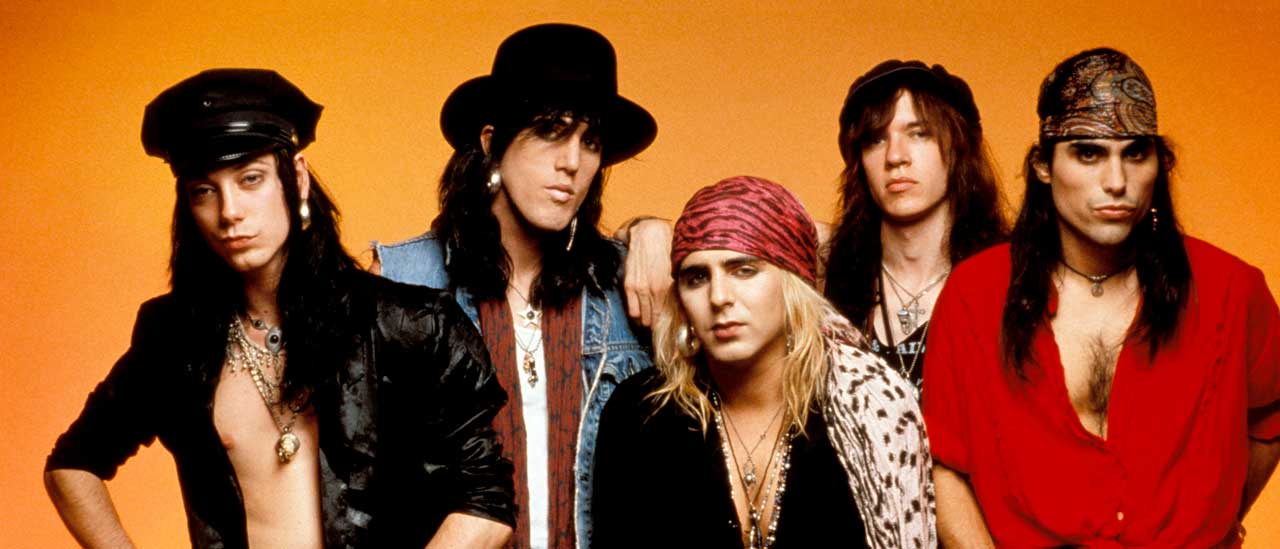You can trust Louder
There is chaos at the Forever Now festival and at its core is – who else – John Lydon.
Forever Now is the UK wing of California’s Cruel World festival (think: if Tim Burton did music festivals) and PiL are playing The Other Stage – basically a dusty car park at the side of the Bowl.
The Other Stage has problems all day: The sound is poor, the access is crap, and clouds of chalky dust are ruining the regulation black clothing – but right now its biggest problem is this: at a self-described “post-punk festival” they have stuck the guy who defined both punk and post-punk on a little stage in a car park.
Thousands of people have come to see PiL – it is easily the biggest crowd the Other Stage has all day – and they are left with their faces pressed against the barriers.
In some ways, it feels like Lydon has painted himself into this dusty corner. The night before, the Sex Pistols (with Frank Carter) headlined the Punk All-Dayer in Glasgow’s Bellahouston Park. Lydon is the middle of a legal battle with photographer Dennis Morris over the rights to the iconic PiL logo. In recent years, he’s lost his wife Nora, his friend and manager Rambo, and long-term drummer Bruce Smith has also left the band.
Meanwhile, Lydon’s love of a wind-up – does he really love Farage and Trump or does he just like annoying middle-class lefties? – grates a bit. Yeah, John: those multi-millionaires are the voice of the people, suuuuure.
But if anger is an energy, Lydon is raging and it’s a joy to see. With the hordes at the gates, PiL turn the car park into a death disco: Warrior is turned into defiant techno (“Some of us wake up/Others roll over/But not I – I'm a warrior”), World Destruction, his collab with Afrika Bambaataa, is a brutal rap, Rise is a tender singalong. Which is quite something for a song about torture in Apartheid South Africa.
The latest news, features and interviews direct to your inbox, from the global home of alternative music.
Sure, he looks like Christopher Biggins’ mad uncle Monty, but he has charisma by the bucket. “Are you proud to be British?” he asks. The response, predictably, is muted. “Cunts,” he says with a chuckle. “I apologise for nothing – except the karaoke Sex Pistols.”
It’s obnoxious, but at least it’s fun. Later, the Jesus & Mary Chain play the same stage to a quarter of the crowd. Three songs in, singer Jim Reid says: “We’re being told we need to get the fuck off the stage.”
Their response is not Lydonesque defiance but dour, antisocial petulance. Where once they were the most exciting band on earth – and deliberately played 40-minute sets with their backs to the audience – today, the JAMC are turgid and grim, the antithesis of entertainment, every chord begrudged.
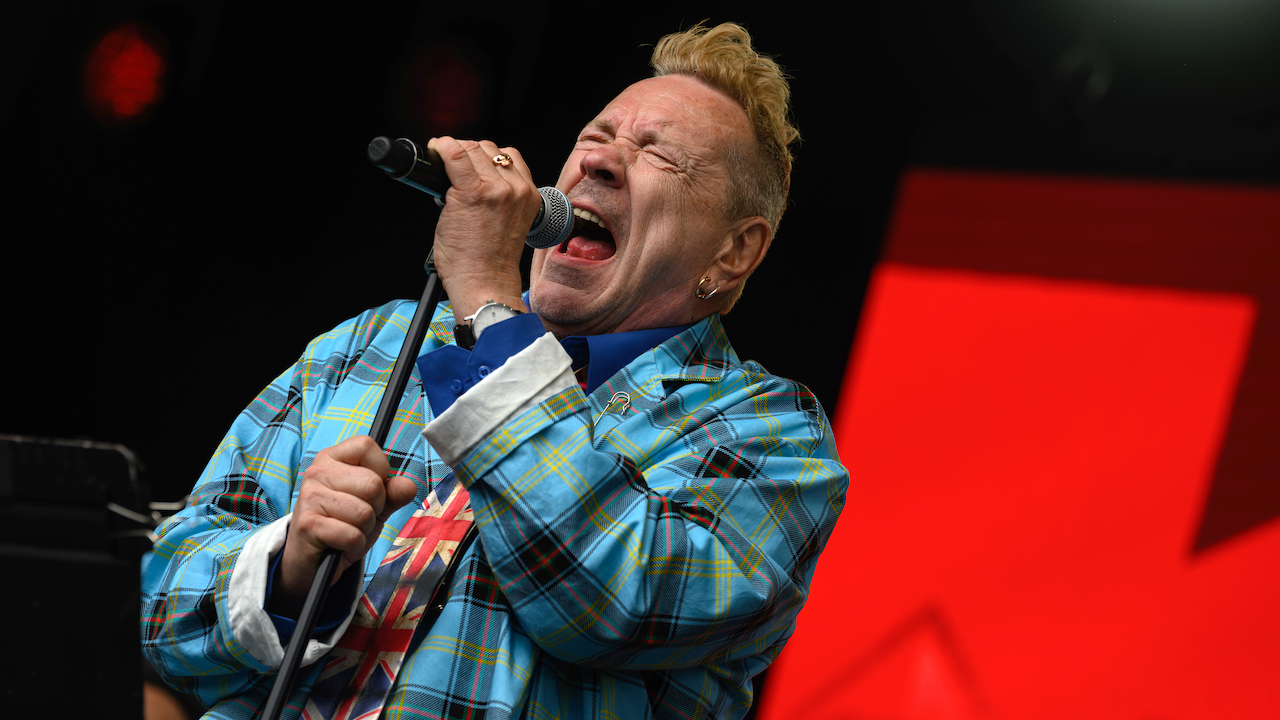
The Damned were scheduled to play 1980’s The Black Album in full. In retrospect, it was a weird choice for a festival crowd – when you’ve got Neat Neat Neat and Smash It Up in your back pocket why would you play album tracks like Lively Arts and Dr Jekyll And My Hyde?
They don’t even get to epic fan favourite Curtain Call before the plug is pulled and we’re treated to the surreal sight of watching the band play on (presumably with in-ear monitors, they had no idea we couldn’t hear them) for a least two more songs while the PA played Limp Bizkit or something.
The Happy Mondays always seemed a weird fit for this festival and even they admit it. “We’re not an 80s band!” says Bez. “We’re from the 90s – we’re still young!”
The Mondays' early sound was very post-punk: a ménage à trois of Krautrock, Talking Heads and C86 psychedelia played by wide-os with a headful of drugs. 24 Hour Party People was genuinely weird funk (“Plastic face carnt smile the white out?” says Ryder. “What’s all that about?”), but they were also right at the pinch point where alt went mainstream, midwifing the scene that took Oasis into the charts.
Today, the Mondays – one of the more modern bands there – sound old-fashioned, with processed backing tracks. They know this is not their crowd and it feels like they’re going through the motions.
When I saw them in the early 90s, Shaun Ryder sat on the drum riser for almost the entire set. Back then, that in itself seemed new – the frontman, not as leader or as performer, but almost part of the rhythm section. He’s on his feet this time but incredibly, he somehow manages to put even less care and effort into this performance.
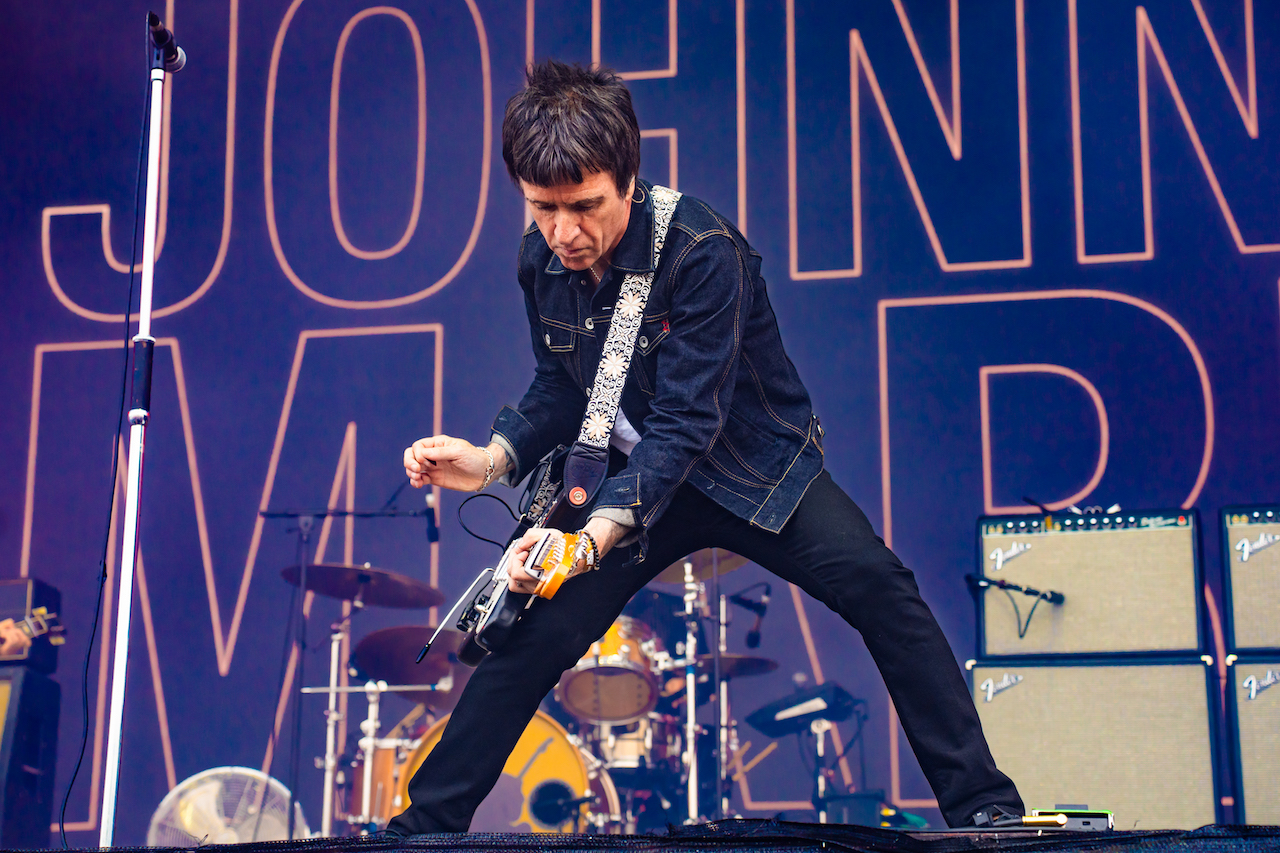
On the main stage, meanwhile, Johnny Marr is showing them how it’s done. This is how you treat a festival crowd: This Charming Man, Please Please Please Let Me Get What I Want, Electronic’s Getting Away With It, a crowd-pleasing run through Iggy’s The Passenger – he is a blast.
They used to joke that How Soon Is Now? was the Stairway To Heaven of the 80s – a generation-defining anthem. No one told Johnny it was a joke: How Soon becomes a showcase for one of the greatest guitarists of his generation: Duane Eddy twangs, Sonic Youth dissonance, peels of Gilmour-esque soloing, he does it all, without ever becoming indulgent – and sings it as well as Morrissey ever did.
From being “the guitarist”, Marr has become The Smiths. The keeper of the flame. He owns their legacy now.
Kraftwerk do their thing on the main stage and that thing is loud, brilliantly produced, archly ironic and, to me, as cliched now as any old blues rock band.
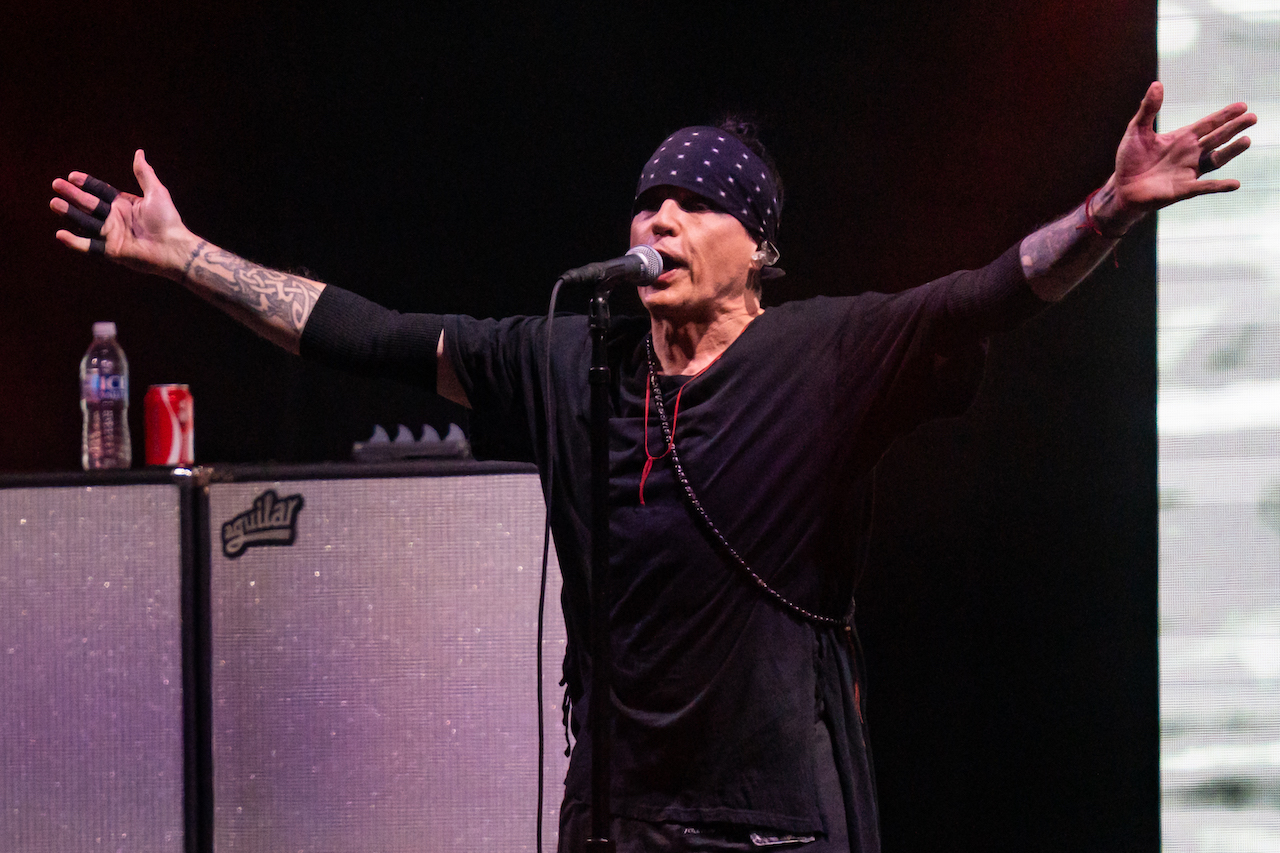
Over in the car park Death Cult are putting the Other Stage out of its misery, in style. Ian Astbury looks great. He is energetic, charismatic, shamanic and in good humour. He throws a tambourine into the crowd. It misses its target. “Sorry,” he says, “I didn’t take the wind into account. They should have a wind sock.”
They play a set of early Cult and Death Cult classics – Horse Nation, Dream Time, Resurrection Joe, Spiritwalker – and Billy Duffy is not loud enough but people in Xmal Deutschland and Rose Of Avalanche t-shirts get misty-eyed and throw their elbows around. This might not be the music that made them famous, but it soundtracked lives.
Was Forever Now a success? I doubt The Damned or the Mary Chain would say so. AEG say 17,000 people turned up – a fraction of what would have been there for Yungblud's Bludfest the day before – but I hope they try again.
It's identified an under-served tribe – old punks, ex-goths, indie kids, alt.rockers, psychobillies, grebos – and done right, it could be alt.rock heaven for Gen-Xers.
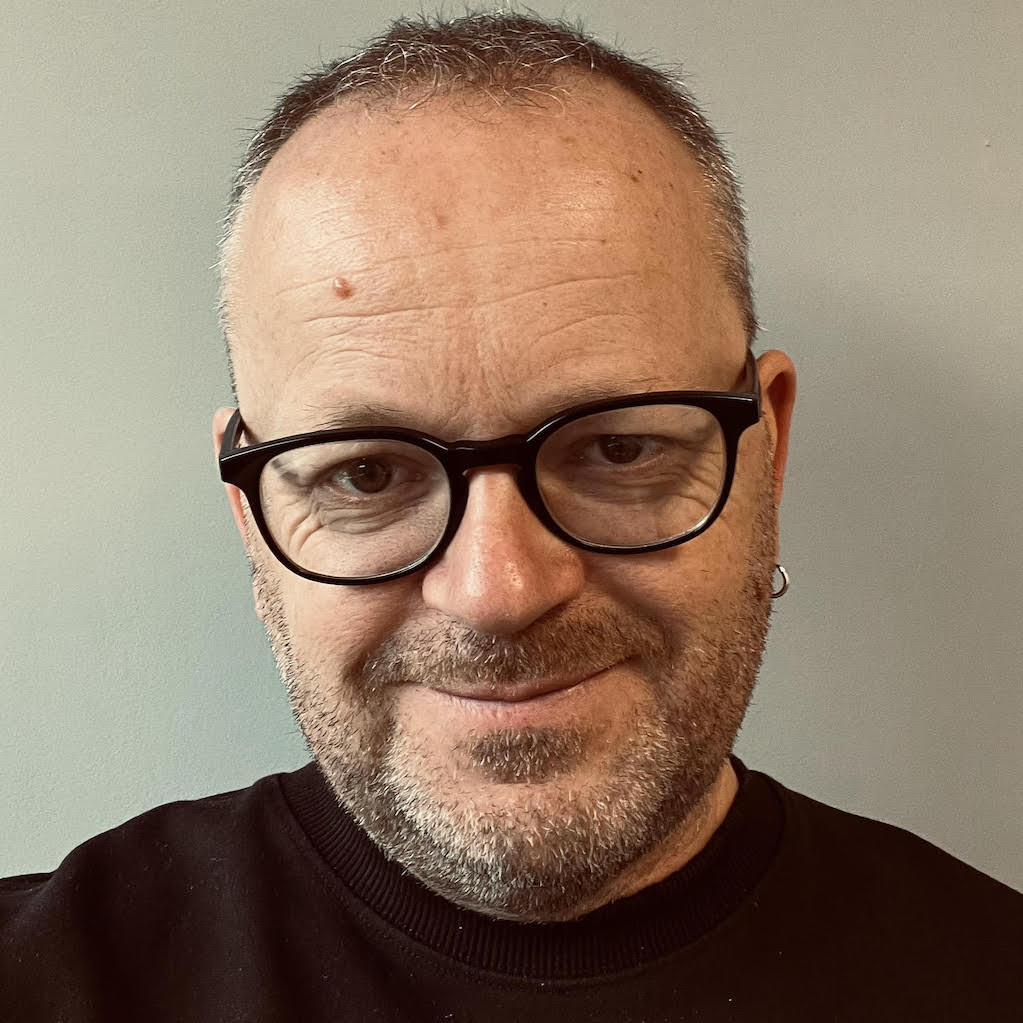
Scott is the Content Director of Music at Future plc, responsible for the editorial strategy of online and print brands like Louder, Classic Rock, Metal Hammer, Prog, Guitarist, Guitar World, Guitar Player, Total Guitar etc. He was Editor in Chief of Classic Rock magazine for 10 years and Editor of Total Guitar for 4 years and has contributed to The Big Issue, Esquire and more. Scott wrote chapters for two of legendary sleeve designer Storm Thorgerson's books (For The Love Of Vinyl, 2009, and Gathering Storm, 2015). He regularly appears on Classic Rock’s podcast, The 20 Million Club, and was the writer/researcher on 2017’s Mick Ronson documentary Beside Bowie.
You must confirm your public display name before commenting
Please logout and then login again, you will then be prompted to enter your display name.
